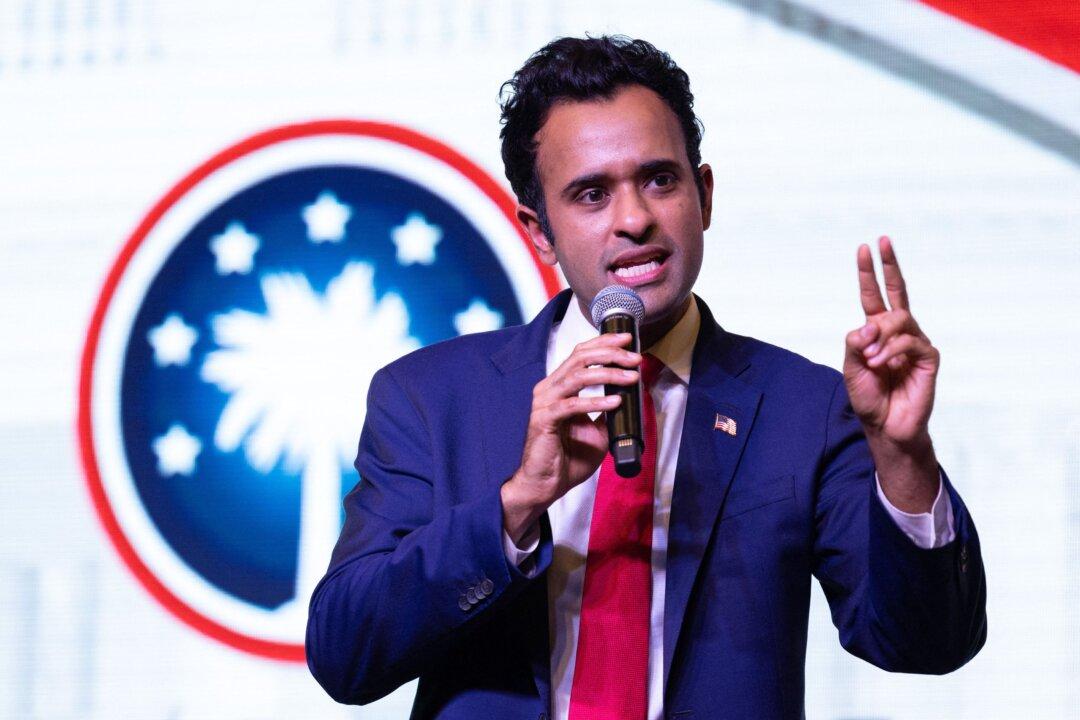Republican presidential candidate and tech entrepreneur Vivek Ramaswamy warned in a recent speech of a “listlessness in American society” caused by its abandonment of meritocratic principles.
Speaking at the National Review Institute’s Ideas Summit on March 31, Ramaswamy diagnosed what he believes is responsible for the popularity of “woke” ideas among young people in the West.




